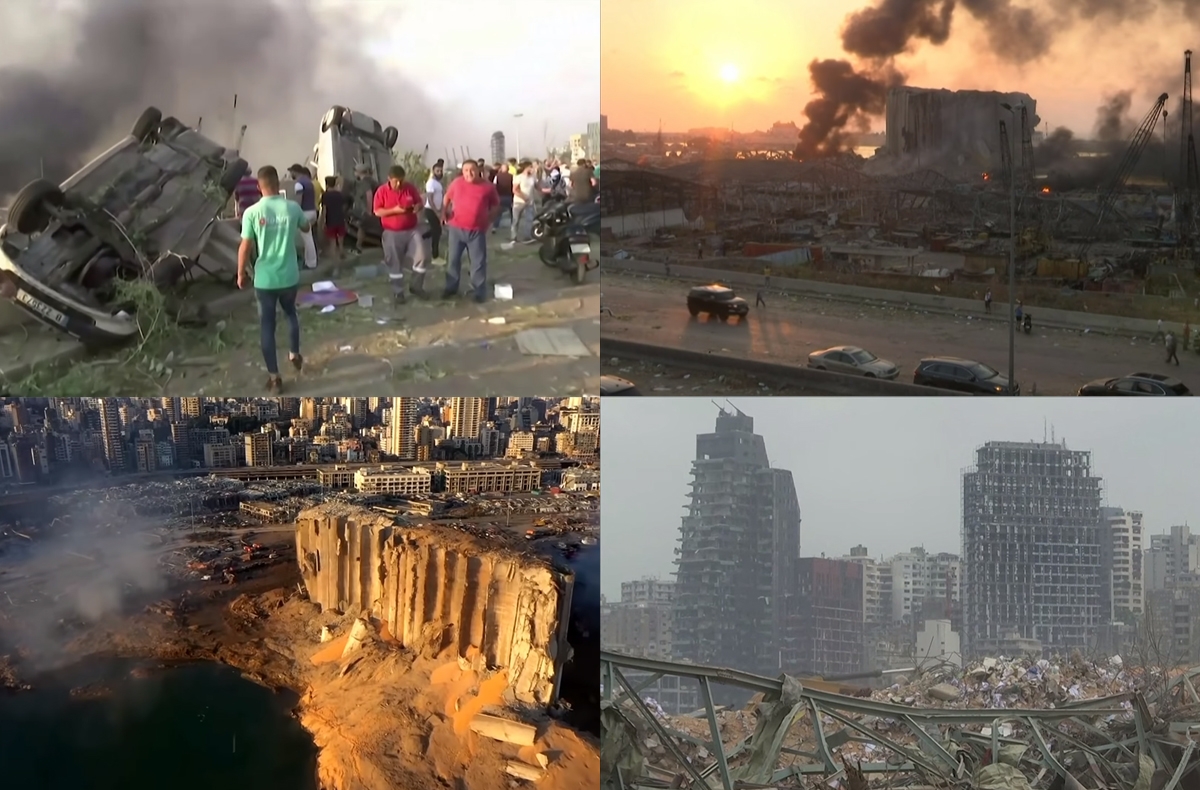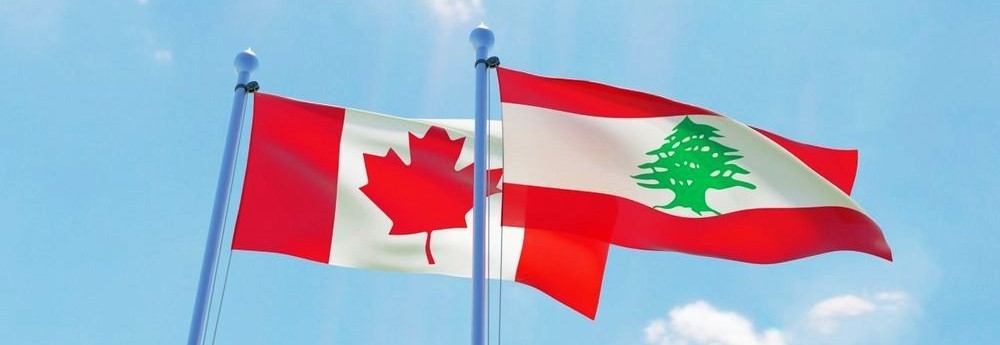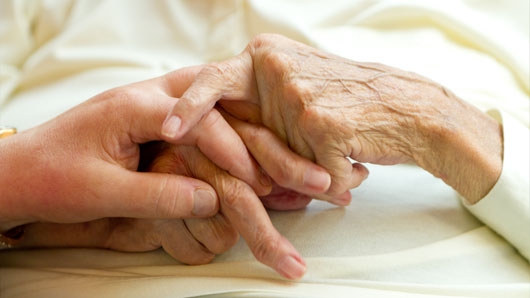
Ottawans should not turn away from Lebanon’s plight
by Matthew Horwood
Before the events of August 4, the country of Lebanon was already experiencing a severe financial, political and public health crisis. A breakdown of the country’s economic system last year had forced the government to default on its debts in March. Amid high unemployment, skyrocketing inflation and outbreaks of COVID-19, thousands of citizens took to the streets to protest their dysfunctional government. The entire country’s economy seemed to be in a death spiral.
Then on August 4, a small fire in the port of Beirut ignited a stash of fireworks stored in a warehouse. That explosion set off 2,700 tons of Ammonium Nitrate, a chemical used in fertilizer, resulting in a massive explosion equivalent to 2.2 kilotons of TNT. To put this in perspective, the explosion that decimated Halifax, Nova Scotia in 1917 was 2.9 kilotons.
Lebanon’s capital has been utterly devastated by the blast. In addition to the more than 150 dead and 5,000 injured by the explosion, up to 300,000 people have been left homeless, according to Beirut’s Governor Marwan Abboud. Witnesses say homes as far as 10 kilometers from the blast’s epicenter were damaged.
Many of the country’s hospitals were already at or near capacity due to the COVID-19 pandemic, and the economic turmoil had resulted in a rationing of medical supplies. Now three hospitals in Beirut have been left inoperable by the blast, and thousands of injured people are streaming into surrounding hospitals.
Lebanon’s primary grain silo was also destroyed in the explosion, leaving the country with less than a month's reserves of wheat. With nearly 80 percent of the Lebanon’s food being imported through the now destroyed port, food security in the country can only get worse.
Despite being a small country half a world away, Lebanon has played an important part in shaping Canada into the country it is today. The Canada-Lebanon relationship goes back to the late 19th century, when Lebanon was still a part of the Ottoman empire and Lebanese migration into Canada was just beginning.

In 1947, Lebanon opened a consulate in Montreal shortly after gaining independence from France, and in 1958 Canada and Lebanon opened embassies in each other's capitals. During the Lebanese Civil War from 1975 to 1990, Canada took in thousands of refugees, making Lebanon the largest Arab diaspora community in the country.
Today, there are approximately 190,000 Canadians of Lebanese descent in Canada, and 45,000 Canadians living in Lebanon. According to Stats Canada, Ottawa-Gatineau is home to nearly 20,000 Lebanese-Canadians, making up almost 2 per cent of our city’s population.
Our federal government has so far pledged up to $5 million in humanitarian aid, and Development Canada is giving $1.5 million to organizations like the Red Cross. But Ottawans can still help the victims of this tragedy directly by donating to charities assisting Beirut.
The non-profit Lebanese Club of Ottawa has started a GoFundMe to help those impacted by the explosion, with all profits going to the Lebanese Red Cross and to hospitals across the country.
Other charities in need of donations include Impact Lebanon, which is raising funds to house people whose homes were destroyed in the blast, Embrace Lebanon, to support the launching of a free mental health clinic and the expansion of their hotline operations to 24/7, and the Lebanon Children’s Relief Fund.
And of course, we can also give our love and support to local Lebanese businesses and our Lebanese neighbors, who are no doubt reeling from this tragedy.
With most Canadians focused primarily on fighting COVID-19 within our own borders, it may be easier to turn a blind eye to Beirut’s plight and focus solely on our country. But now more than ever, Lebanon needs the kindness, generosity and benevolence Canadians are known for.









